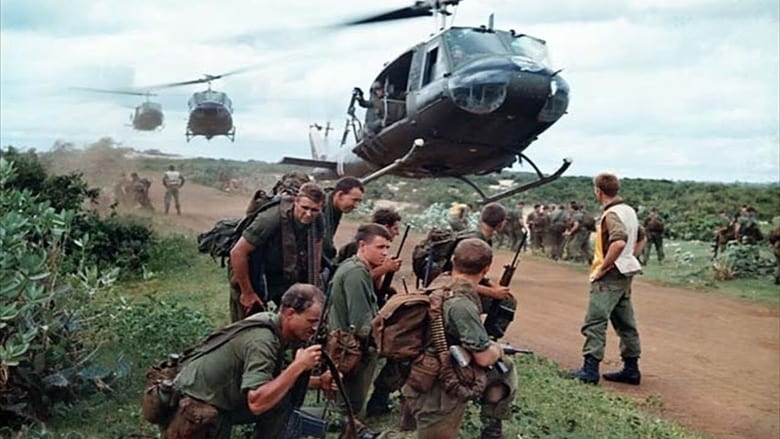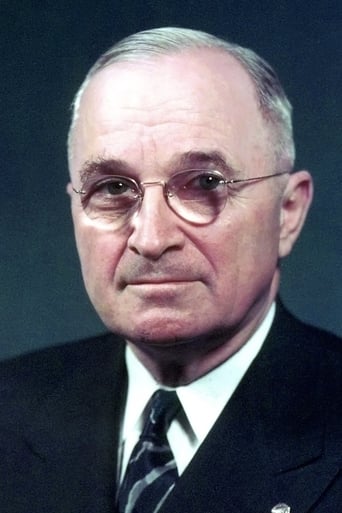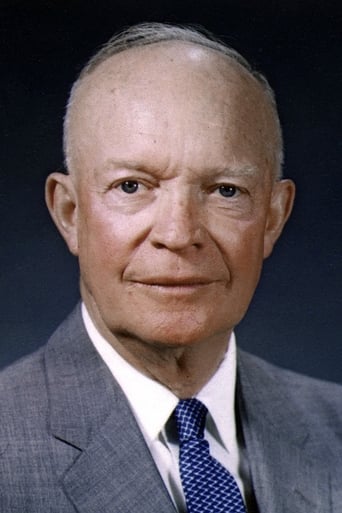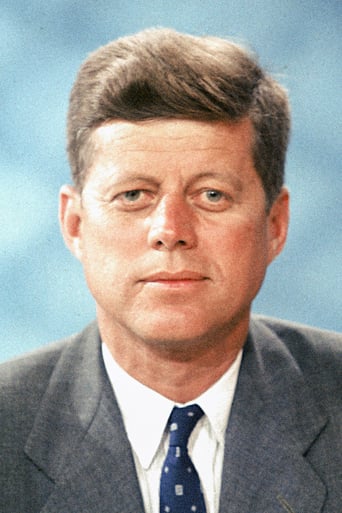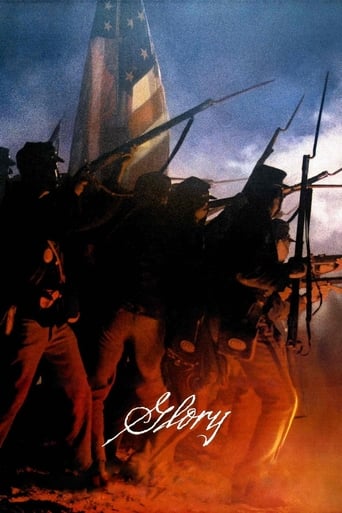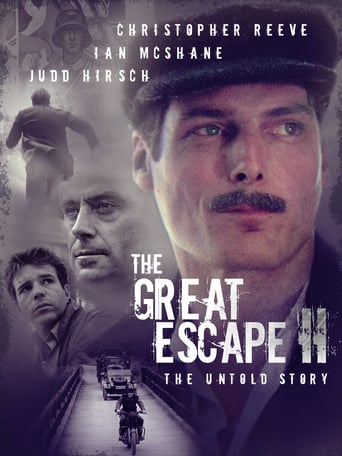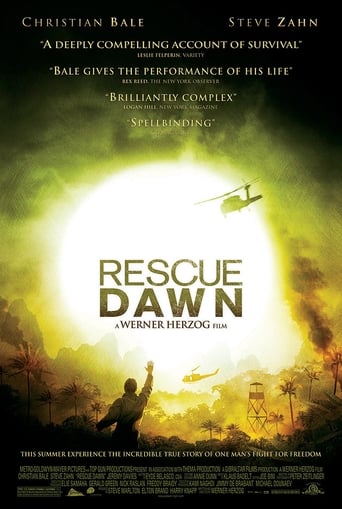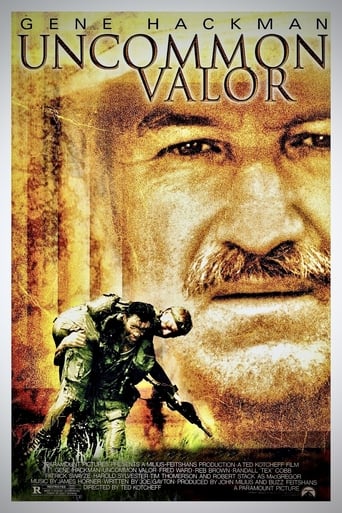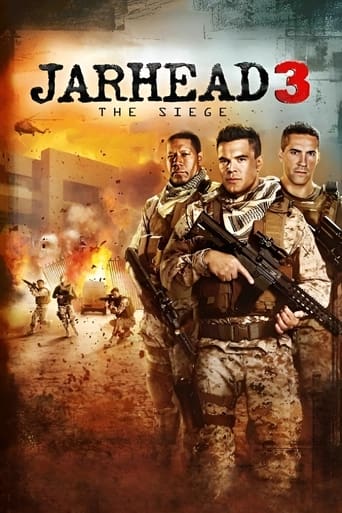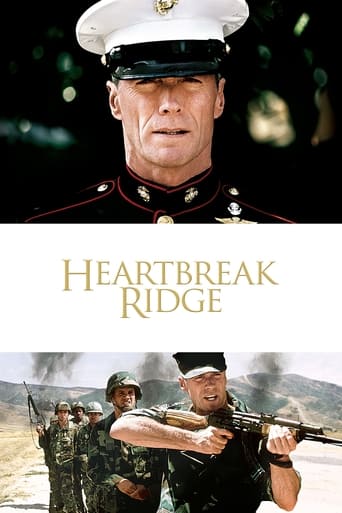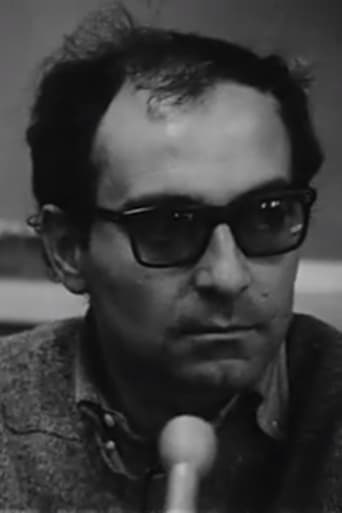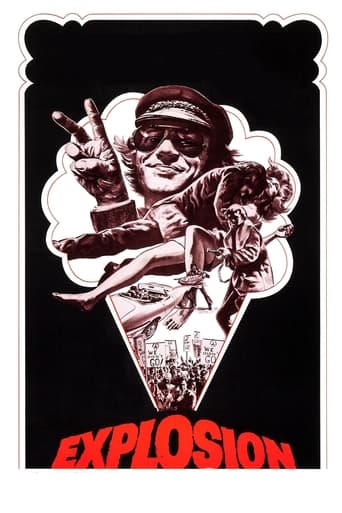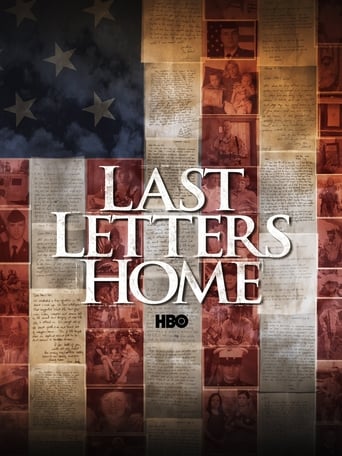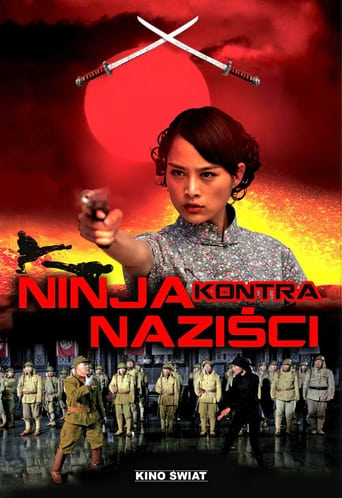Hearts and Minds (1974)
Many times during his presidency, Lyndon B. Johnson said that ultimate victory in the Vietnam War depended upon the U.S. military winning the "hearts and minds" of the Vietnamese people. Filmmaker Peter Davis uses Johnson's phrase in an ironic context in this anti-war documentary, filmed and released while the Vietnam War was still under way, juxtaposing interviews with military figures like U.S. Army Chief of Staff William C. Westmoreland with shocking scenes of violence and brutality.
Watch Trailer
Free Trial Channels
Cast


Similar titles
Reviews
I was totally surprised at how great this film.You could feel your paranoia rise as the film went on and as you gradually learned the details of the real situation.
It’s fine. It's literally the definition of a fine movie. You’ve seen it before, you know every beat and outcome before the characters even do. Only question is how much escapism you’re looking for.
A film of deceptively outspoken contemporary relevance, this is cinema at its most alert, alarming and alive.
By the time the dramatic fireworks start popping off, each one feels earned.
In HEARTS AND MINDS, war mongerer Clark Gifford states that, following World War Two, "We began to feel... that possibly we could control the future of the world." Well, as we now know, They COULD and They DID. More's the pity. One of the most shocking moments in the movie comes when former French foreign minister Georges Bidault quotes John Dulles, who said to Bidault: "And if we were to give you two Atomic bombs...?" I've heard the Nixon tapes wherein Nixon talked to Henry Kissinger about the possibility of using atomic bombs in Vietnam and Kissinger, in a rare moment of restraint, ventured that that might be going just a tad too far. Bidault's statement seems to underscore that exchange. "Throughout the war in Vietnam," Nixon says in one clip, "the U.$. has exercised a degree of restraint unprecedented in the annals of war." (As far as I'M concerned, ALL pre$ident$ should be held accountable for any and ALL lies that they tell while in office: they should be "under oath" from the moment they're sworn in- like any other defendant. And they should work for Minimum Wage and be forced to retire from Public Office by the time they turn 60- as should any and all members of Government.) As "deserter" Eddie Sowders put it: "It is a supreme irony to be prosecuted by the very same men who planned and executed a genocidal war in Indochina." "We weren't on the wrong side," Daniel Ellsberg says: "We ARE the wrong side." With the kind of arrogant ignorance typical of American$, William Westmoreland offers this bit of wisdom: "Life is plentiful, life is cheap in the Orient." When asked if the U.$. has learned anything from Vietnam, bomber pilot Randy Floyd says: "I think we're trying not to." Prosperity and prosthetics, people. THAT'S the legacy in this company.
Hard hitting documentary directed by Peter Davis in how the US got itself involved in the War in Vietnam that ended up tearing the country apart. Made in 1974 before the Vetcong guerrillas and North Vietnamese Army overran the country the film shows the pitfalls that the US chose to overlook in getting itself stuck in the mud swamps and jungles that was the Vietnam War.There's really no one US President to blame for getting the country into that bloody mess of a war in that we see it was a team effort from Pres. Truman to Pres. Nixon and every other US Chief Executive, Eisenhower Kennedy & Johnson, in between. The French who were involved in the first Vietnam or Indochina War was soundly defeated by Ho Chi Minh's, known as "The Enlighten One", Viet Minh forces in the bloody and drawn out battle of Dien Bien Phu in May 1954. That jungle battle ended the conflict that resulted in the loss, French and Vietnames military and civilians, of over 700,000 lives. During the almost 8 years of of fighting in Indochina War the US was far from neutral in supporting the French with almost 80% of the arms and money for the French to keep the war going.With the free and UN sponsored elections to unify both north and South Vietnam set to be held in 1956 and Ho Chi Minh being a sure shot of winning them the US under Pres. Eisenhower set up the puppet Diem to be South Vietnam's fist unelected president. This set the stage for the second Vietnam War that was to involved as much as 550,000 US troops and lasting 16 years from 1959 to 1975, the longest war in US history, ending up costing almost 60,000 American lives; Not to mention the some 3 million Vietnamese,from both North & South Vietnam, who perished in it.Among the many persons who were personally involved in the Vietnam war the one who made the biggest impact on me in the movie was former Secretary of Defense Clark Clifford. Clifford in an interview admitted that those Generals and politicians conducting the war had no idea in not only how to win it but who they were fighting against. Everything that they did failed miserably and they ended up stuck in an unwindable war because in their mind by ending it, or withdrawing from the country, would lead to a "Domino Effect" where all of South-East Asia would end up falling into Communists hands. Which to them was worth the enormous loss of life, American & Vietnamese, that this bottomless quagmire of a war was was costing! As it turned out the "Domino Effect" turned out to be pure fiction with no other country in that part of the world turning Communist and Vietnam now a united country being one of the US', next to Communist China, biggest trading partners in Asia!What the film brings out best is how most of the American public finally realized that they've been had in going along with the bankrupt policies of their leaders who conned them, like in the faked and infamous Tonkin Gulf incident, into supporting the war. Taking to the street in massive anti-war demonstrations with hundreds of returning Vietnam war vet participating in them was what really brought the war to an end. But it took almost 6 years from 1966 to 1973 for it to happen! And it was during that time the majority of the almost 60,000 American and 3 million Vietnamese lives lost in the war were snuffed out.In the end the Vietnam War turned out to be a war that many from the Truman Eishenhower Kenndey Johnson & Nixon Administrations who whole hearted supported it at first would now, after all the facts are in about it, like to forget!
This movie points out what is now commonly known. That Viet Nam was a mistake. We never should have been there. Too many people, Americans included, suffered for reasons not clear. This movie gave us the Viet Namese point of view as well. It was very difficult to watch the funeral of the young soldier as his very young son stands there holding his father's picture. The little boy was so overcome with grief that he could barely stand. And an older woman (the soldier's mother?) tried to jump into the grave just before they filled it. Heartrending. The interviews with the injured soldiers was also hard to watch. They knew what was happening but their story was getting covered up at the time. They gave warning that no one heeded. A very important document. Should be required viewing.
Davis does a neat job of laying out the absurdity in the US's involvement in Vietnam. He does it mainly through the use of two techniques.(1) Successive contrast, as it's called in the psychology of perception. If you stare at a black square for a while, then switch your gaze to a gray square, it looks white, not gray. In this movie Davis juxtaposes moments from interviews and newsreel footage to demonstrate how far removed high-level speeches can be from events as they take place on the ground. General Westmoreland, who, like General Douglas MacArthur, was another one of those giants in the field of Oriental psychology, explains to us that Asians don't place the same kind of value on human life as Westerners do. (He might have been thinking of kamikaze attacks from WWII.) Cut to a Vietnamese funeral full of wailing mourners. A coach gives a pep talk, screaming and weeping, to a high school football team in Niles, Ohio. "Don't let them BEAT US!" he cries. Cut to a scene of combat.(2) Selective interviewing and editing. The Vietnamese seem to speak nothing but common sense and they are seen doing nothing but defending themselves -- and very little of that. The Americans that we see and hear are mostly divided into two types: phony idiots and wised-up ex-patriot veterans. Fred Coker is an exception. He's a naval aviator who was evidently a POW. He's clean-cut, intelligent, and articulate, and he's given a lot of screen time. This is all for the good because he's about the only pro-war character we see. He's been there and he still believes. He serves as a useful bridge between the pro-war idiots and the embittered anti-war Americans.And of course the statements we hear on screen are selected for their dramatic value. One former pilot describes how he and his comrades approached their bombing missions -- for some of them it was just a job, part of the daily grind, but for some others it got to be kind of fun. And for him? "I enjoyed it." The amazing thing in propagandistic documentaries like this is not that the sound bites were selected. Of course they were, otherwise you'd have a dull movie of a thousand people from the middle of the road. "Dog bites man" is not news. "Man bites dog" IS news! No, the truly astonishing thing is that some of the interviewees actually SAID these things in the first place. Selective or not, here is the evidence on film. And how is it possible to "take out of context" General Westmoreland's disquisition on the Oriental attitude towards life? Or a vet smirking and saying he enjoyed killing Gooks? I'm reminded of a scene in Michael Moore's first documentary, "Roger and Me." Moore is talking to a handful of rich wives who are on some Flint, Michigan, golf course, chipping balls. His camera rolls on and on while the ladies chat about the closing of the plants and the movement of jobs to cheaper labor markets. They love the area around Flint -- great golf courses, good riding country. And the newly unemployed? Well, says one of the wives, before a swing, now they'll have to get up and find a job. Poor people are always lazy anyway. It's a shocking statement, and we hear similarly shocking statements throughout this movie. It all leaves a viewer with a sense of awe that anyone could be so unashamedly deluded.I don't see any reason to point out the similarities between what happened in Viet Nam and what's going on as I write this. I wish our current leaders, practically none of whom served in the military let alone Viet Nam, could have seen this because it might have served as a useful reminder that war isn't REALLY very much like a high school football game.G. K. Chesterton once wrote, "My country, right or wrong, is a thing no true patriot would think of saying. It is like saying, 'My mother, drunk or sober'".


